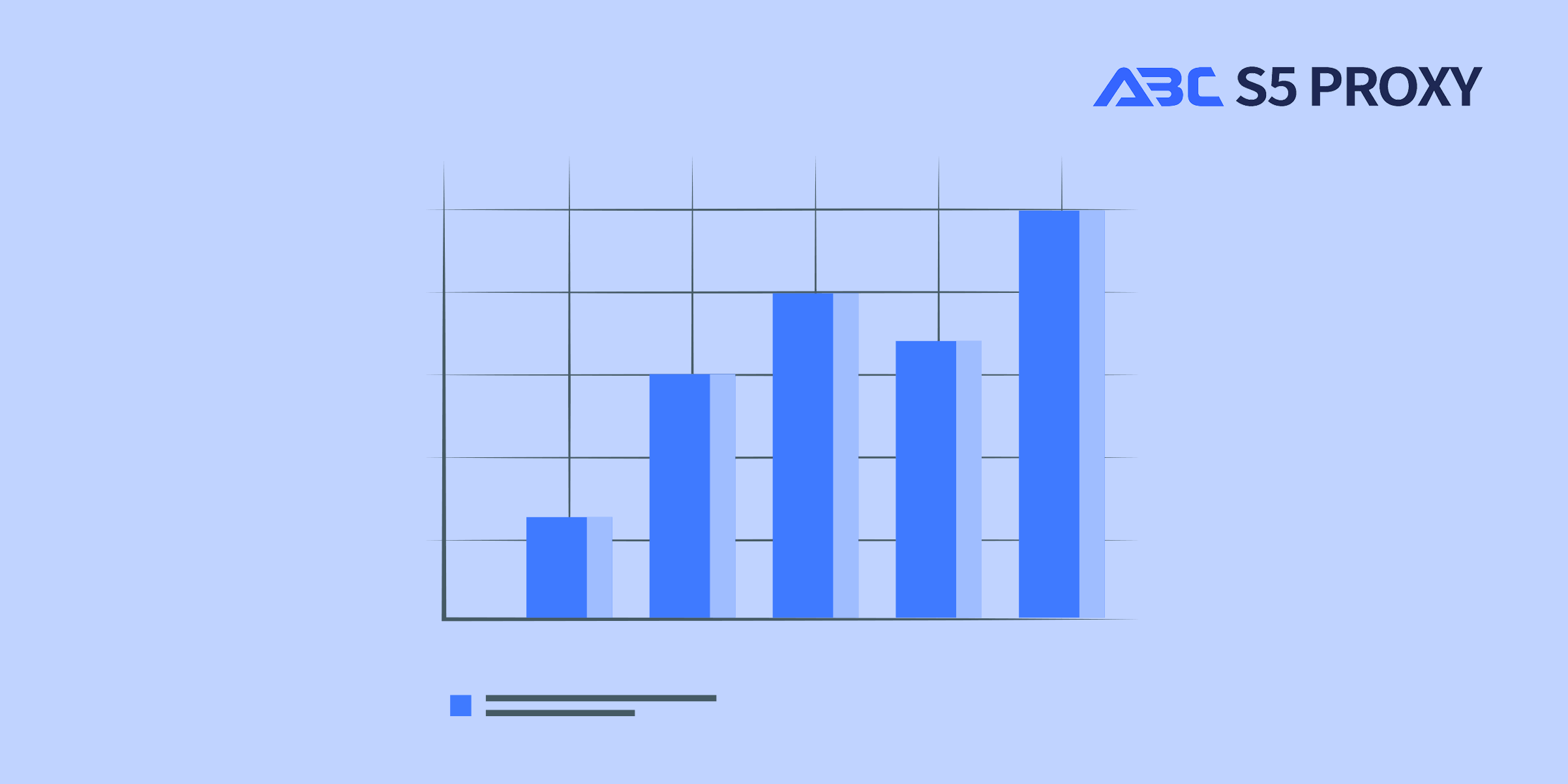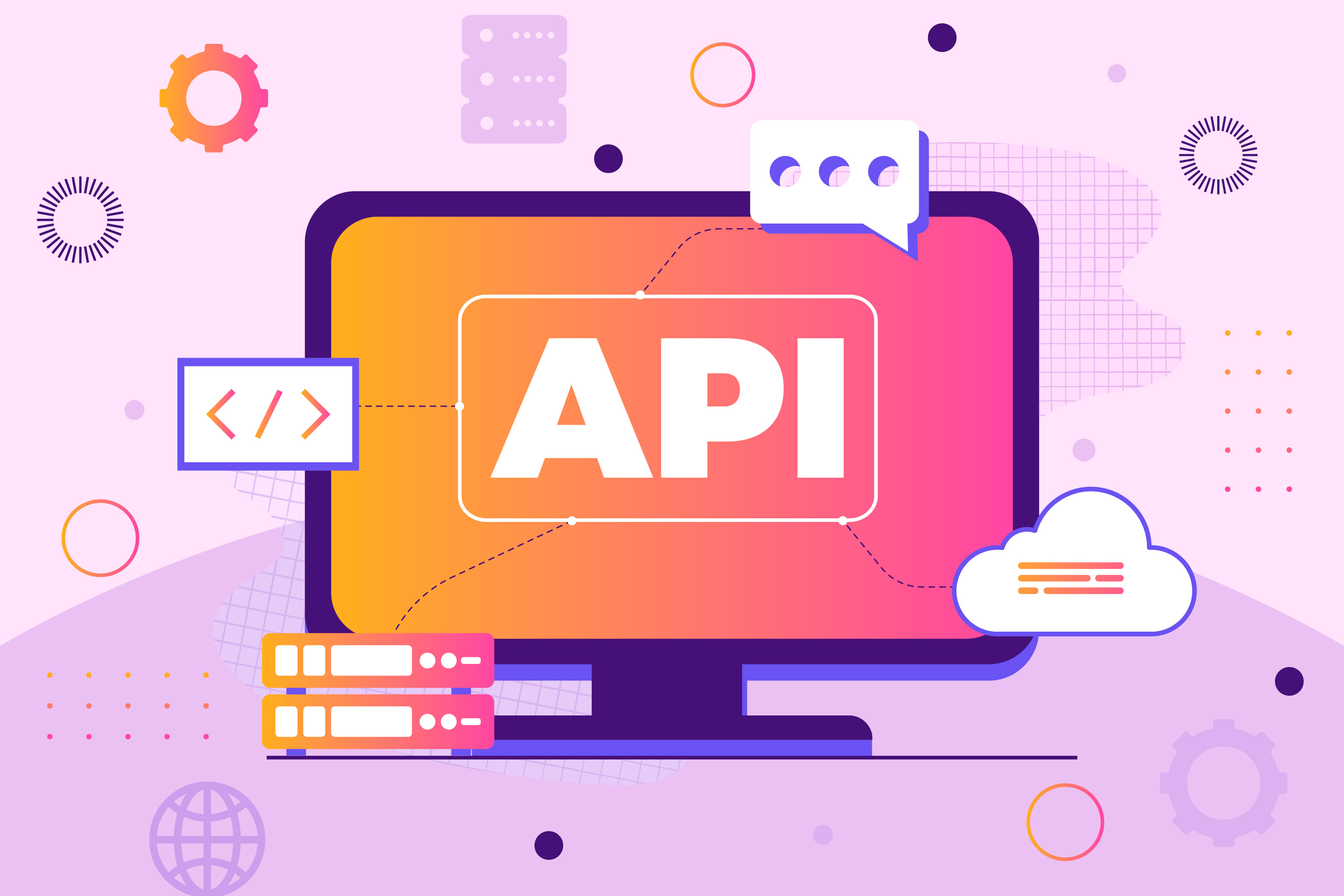住宅代理
來自真實 ISP 的白名單 200M+ IP。 透過儀表板管理/取得代理程式。

代理服務
抓取工具
從所有網站收集公開結構化數據
代理
住宅代理
來自真實 ISP 的白名單 200M+ IP。 透過儀表板管理/取得代理程式。
開始於
$0.6/ GB
Socks5代理
190多個地點超過2億個真實IP,
開始於
$0.03/ IP
無限住宅代理
IP與流量無限使用,AI智能輪換住宅代理
開始於
$1816/ MONTH
輪換 ISP 代理
ABCProxy 的輪替 ISP 代理程式可保證較長的會話時間。
開始於
$0.4/ GB
靜態住宅代理
持久專用代理、非輪換住宅代理
開始於
$4.5/MONTH
數據中心代理
使用全球穩定、快速、強勁的 700K+ 資料中心 LP。
開始於
$4.5/MONTH
移動代理
來自真實 ISP 的白名單 200M+ IP。 透過儀表板管理/取得代理程式。
開始於
$1.2/ GB
English
繁體中文
Русский
Indonesia
Português
Español
بالعربية

Title: Boosting Crawler API Access Speed: Strategies for Improved Performance
Introduction:
In today's fast-paced digital world, the efficiency and speed of web crawlers play a crucial role in collecting and analyzing vast amounts of data. One key aspect that can significantly impact the performance of a crawler is its API access speed. Improving the API access speed can lead to faster data retrieval, enhanced productivity, and better overall performance. In this blog post, we will explore various strategies to boost crawler API access speed for optimized performance.
1. Optimize Network Connectivity:
One of the primary factors affecting crawler API access speed is the network connectivity. A slow or unstable internet connection can significantly hinder the performance of the crawler. To address this issue, consider using a reliable and high-speed internet connection to ensure faster data retrieval. Additionally, optimizing network settings and configurations can help reduce latency and improve overall performance.
2. Implement Caching Mechanisms:
Implementing caching mechanisms can help reduce the number of API requests and improve crawler performance. By caching previously retrieved data, the crawler can quickly access the information without making repetitive API calls. This not only speeds up data retrieval but also reduces server load and improves overall efficiency. Consider using in-memory caching or persistent caching strategies to optimize API access speed.
3. Utilize Asynchronous Requests:
Traditional synchronous requests can slow down the crawler as it waits for each API response before proceeding to the next request. Utilizing asynchronous requests allows the crawler to send multiple requests simultaneously and process responses as they arrive. This parallel processing approach can significantly boost API access speed and improve overall performance. Consider using libraries or frameworks that support asynchronous programming to implement this strategy effectively.
4. Implement Rate Limiting and Throttling:
API providers often impose rate limits to prevent excessive requests and ensure fair usage of their services. Exceeding these limits can result in degraded performance or even temporary bans. Implementing rate limiting and throttling mechanisms in the crawler can help regulate the number of API requests sent within a specific timeframe. By adhering to the API provider's guidelines, you can maintain a steady and efficient flow of data, thereby improving crawler API access speed.
5. Optimize Data Processing:
In addition to optimizing API access speed, efficient data processing plays a crucial role in enhancing overall crawler performance. Streamlining data parsing, transformation, and storage processes can help minimize processing time and improve efficiency. Consider optimizing algorithms, data structures, and database interactions to ensure swift and seamless data processing. By fine-tuning data processing workflows, you can further enhance the speed and performance of the crawler.
Proxy servers, as a transit station between clients and target servers, can not only hide the client's real IP address and prevent the target website from being blocked due to frequent requests, but more importantly, it can significantly improve the speed and stability of crawler access to APIs by optimizing network connection paths and caching commonly used data. For crawler applications that require large-scale and high-frequency access to different APIs, choosing a suitable proxy server is undoubtedly a key step to improve overall efficiency.
Enhancing crawler API access speed is imperative for optimizing performance and productivity in data retrieval tasks. By implementing the strategies outlined above, such as optimizing network connectivity, implementing caching mechanisms, utilizing asynchronous requests, implementing rate limiting, and optimizing data processing, you can boost crawler API access speed and achieve improved performance. Investing time and resources in optimizing API access speed can lead to significant efficiency gains, faster data retrieval, and better overall crawler performance.
相關文章

Enhancing Crawler API Access Speed for Improved Performance
Improving crawler API access speed is crucial for enhancing the efficiency and performance of web scraping processes. By optimizing the speed at which the crawler accesses APIs, users can retrieve data faster, leading to quicker response times and increased productivity. This optimization can be achieved through various methods such as reducing network latency, utilizing caching mechanisms, implementing parallel processing techniques, and optimizing API request handling. Ultimately, enhancing crawler API access speed can significantly improve the overall web scraping experience and provide users with timely and accurate data retrieval.

解密數據提取:API揭秘
"通過“API解碼:簡化數據提取”,解開數據提取的復雜性從未如此輕鬆。這一突破性工具讓用戶輕鬆提取和處理數據,從而革新了我們與信息互動的方式。立即發現簡化數據提取的力量!"

Unlocking Success: Mastering Competitor Analysis for Google Ads
分析競爭對手的Google廣告是制定成功數位營銷策略的關鍵步驟。通過進行全面的競爭對手分析,企業可以獲得有價值的見解,了解競爭對手的廣告策略和表現指標。要開始分析,首先識別競爭對手並查看他們的Google廣告活動。注意廣告文案、關鍵字和定位策略。尋找可能給您競爭優勢的任何模式或趨勢。接下來,分析您競爭對手的廣告表現指標,如點擊率、轉換率和每次點擊成本。這些數據可以幫助您了解哪些廣告引起了競爭對手受眾的共鳴,哪些表現不佳。此外,還要考慮您的競爭對手將廣告引導到的落地頁面。分析這些頁面上的用戶體驗、信息傳達和呼籲到行動,看看他們如何將流量轉化為潛在客戶</p>